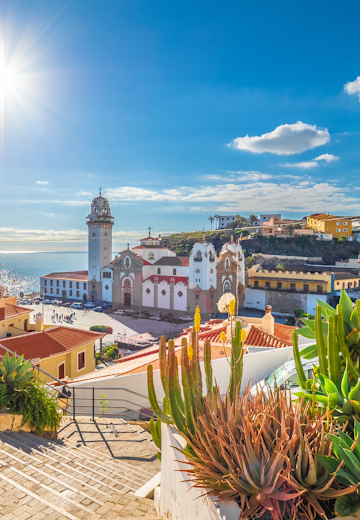In binding ruling V0303-25 dated 17 March 2025 but issued in May, Spain’s General Directorate of Taxes (GDT) analysed the VAT rate applicable to the installation of solar panels in residential homes based on a query from an individual who had received installation quotes from different companies, some applying the reduced 10% VAT rate and others the standard 21% rate.
The general rule in Spain is that the standard VAT rate of 21% applies to the purchase of solar panels, solar inverters, solar batteries and other goods involved in an installation. However, the rate is reduced to 10% for newly constructed property and for property undergoing a comprehensive renovation, subject to certain requirements.
In issuing the binding ruling, the GDT clarified the applicable legal framework, focusing on article 91.Uno.3.1º of the Spanish VAT Law, which allows for the application of the reduced 10% VAT rate. According to the GDT, the 10% rate may apply if the following requirements are met:
The DGT concluded in this case that the solar panel installation may qualify as renovation or repair and, therefore, be eligible for the 10% VAT rate provided the contractor does not contribute materials exceeding 40% of the total value of the work. All tangible goods materially incorporated into the building are considered materials, including those used by subcontractors.
Alvaro Gomez-Elvira
Ignacio Porras
BDO in Spain
The general rule in Spain is that the standard VAT rate of 21% applies to the purchase of solar panels, solar inverters, solar batteries and other goods involved in an installation. However, the rate is reduced to 10% for newly constructed property and for property undergoing a comprehensive renovation, subject to certain requirements.
In issuing the binding ruling, the GDT clarified the applicable legal framework, focusing on article 91.Uno.3.1º of the Spanish VAT Law, which allows for the application of the reduced 10% VAT rate. According to the GDT, the 10% rate may apply if the following requirements are met:
- The transaction qualifies as an execution of work (as opposed to a mere supply of goods or installation services);
- There is a direct contract between the project promoter and the contractor. For VAT purposes, a "promoter" is defined as the property owner who either constructs or commissions the construction of the building for sale, rent or own use; and
- The work involves the construction or rehabilitation of buildings primarily intended for residential use. A building qualifies as “primarily residential” if more than 50% of its constructed surface is used for housing even if some parts serve other purposes. To be classified as “rehabilitation,” the project must meet requirements that include:
- A qualitative requirement, i.e., more than 50% of the total project cost is for structural consolidation, façade or roof treatment, or similar or connected work. It should be noted that energy efficiency upgrades (such as solar panels) may be considered "connected works" only if they are inseparably linked to the main rehabilitation work and their cost is lower than that of the structural components; and
- A quantitative requirement, i.e., the total cost of the work exceeds 25% of the acquisition price (if the property was purchased within two years before the work commenced) or 25% of the market value.
The DGT concluded in this case that the solar panel installation may qualify as renovation or repair and, therefore, be eligible for the 10% VAT rate provided the contractor does not contribute materials exceeding 40% of the total value of the work. All tangible goods materially incorporated into the building are considered materials, including those used by subcontractors.
Alvaro Gomez-Elvira
Ignacio Porras
BDO in Spain

